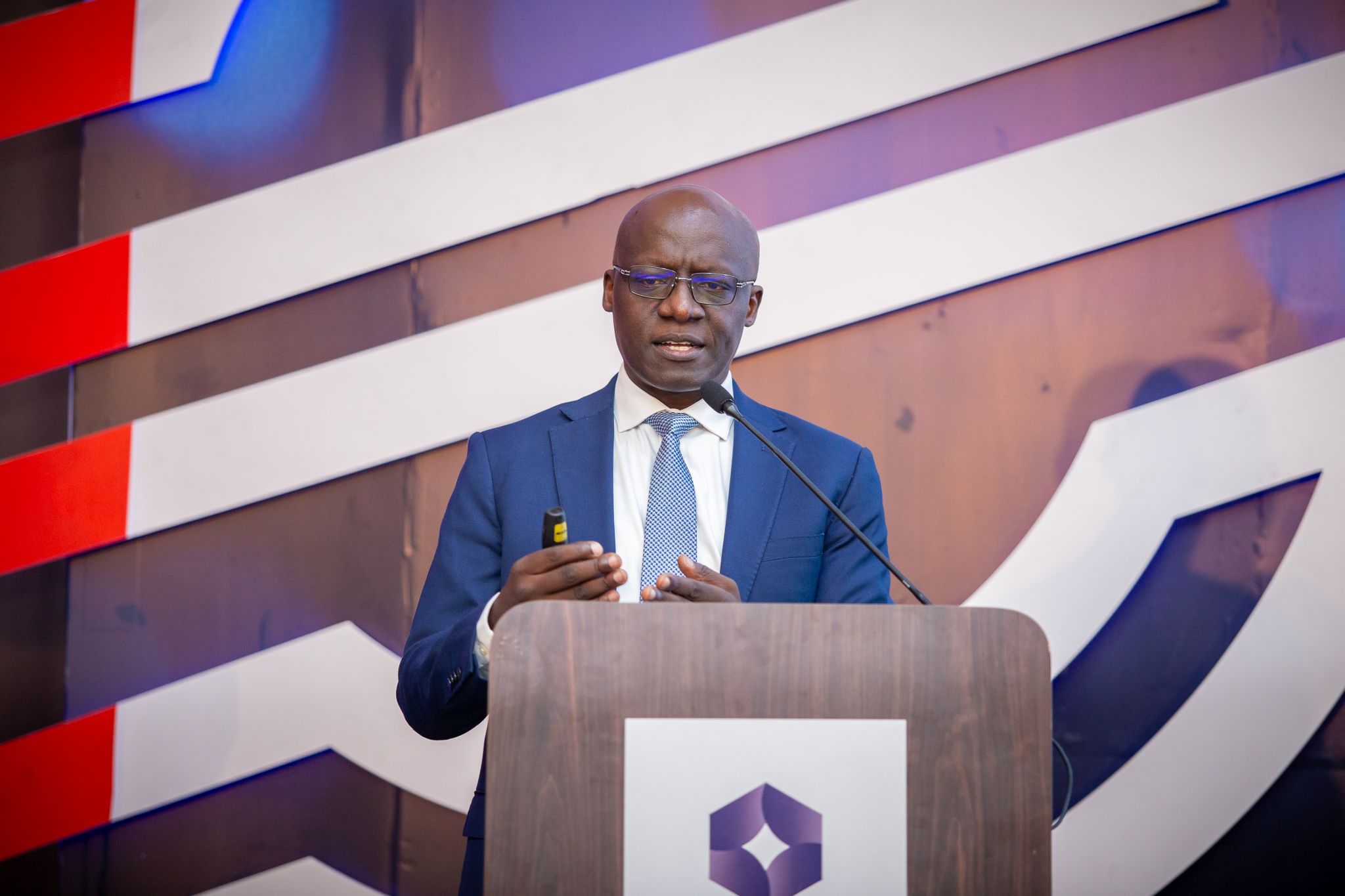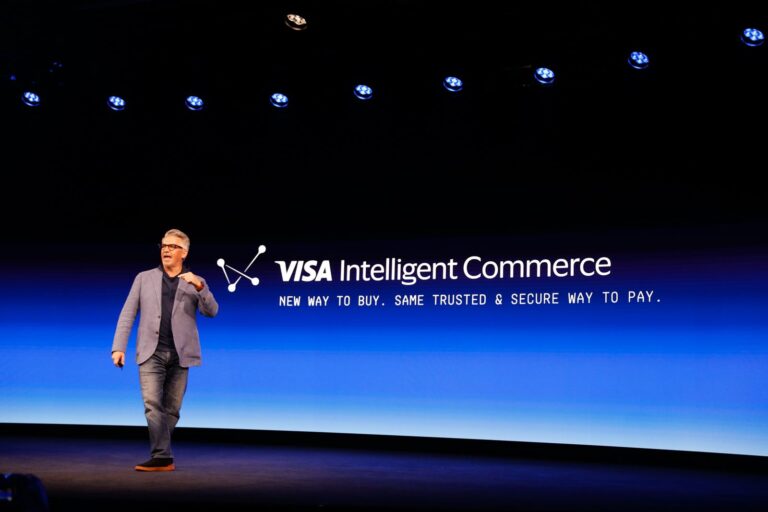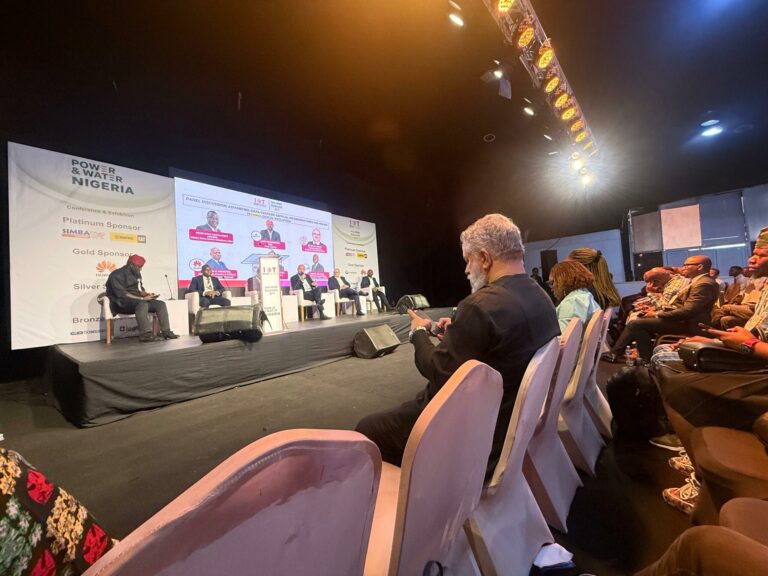Smart Government Summit 2025 Held In Nairobi
Ambassador Philip Thigo, Special Envoy on Technology for the Republic of Kenya [Photo: dx5]
Over 200 delegates drawn from government and the private sector gathered for the Smart Government Summit 2025 to discuss the integration of digital solutions in governance amid the rise of artificial intelligence.
“The Smart Government Summit is about catalysing conversations around the technologies governments are adopting and ensuring that those tools meet citizens’ expectations,” said Harry Hare, Chairman of dx⁵.
Ambassador Philip Thigo, Special Envoy on Technology for the Republic of Kenya, in his keynote address, emphasized that we are entering an age of intelligence that requires proactive, not reactive, leadership. “The intelligent age is not just about digitizing processes but about building systems that anticipate needs and foster trust. Trust must come from a shared reality, where governments are open, inclusive, and accountable to their people,” he said.
Cybersecurity and data protection emerged as top priorities. Experts underscored the need for robust cyber resilience strategies and clear, proactive communication from governments. “Build good systems. Have security measures in place. And make citizens part of the process,” said Nancy Muriithi, Cybersecurity Consultant and Lead Coordinator at SheHacks KE. She added that user experience and citizen training are critical components of digital trust.
Dr Vincent Ngundi, Director of Cybersecurity at the Communications Authority of Kenya, called for proactive incident response frameworks supported by AI to ensure business continuity and build resilience against growing cyber threats.
Digital Public Infrastructure (DPI) was another central focus. Gilbert Matura, Head of the Smart Government Directorate, highlighted DPI as the foundation of modern service delivery. “Digital ID, secure payment systems, and scalable data centers are essential. In Kenya, we are developing these systems to be interoperable and inclusive,” he said. He also emphasized the need for cross-agency collaboration and public-private partnerships, noting that siloed systems are a major barrier to innovation.
Andrew Tuitoek, Manager, Digital Infrastructure, Tony Blair Institute for Global Change, advocated for open government and data-sharing frameworks that foster transparency and enable innovation. “Governments need to be open to partnerships with the private sector. Data-driven solutions will only thrive in an ecosystem of trust and collaboration,” he said.
Throughout the summit, one message resonated across panels and presentations: technology alone is not enough, governments must adopt digital solutions that align with citizens’ expectations for service delivery.








